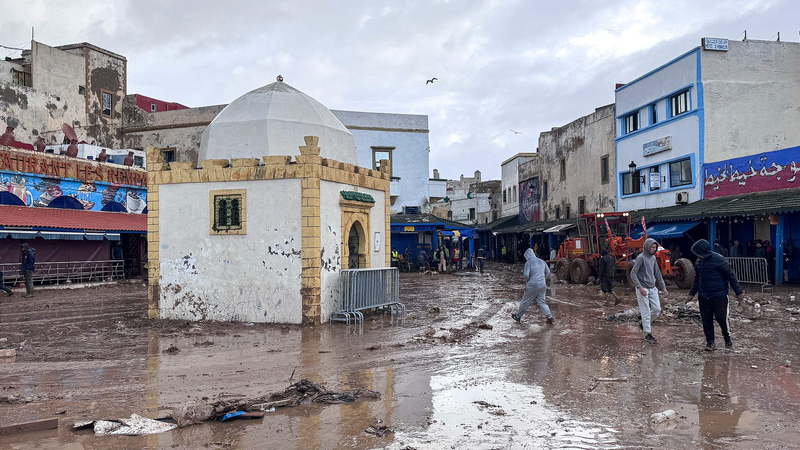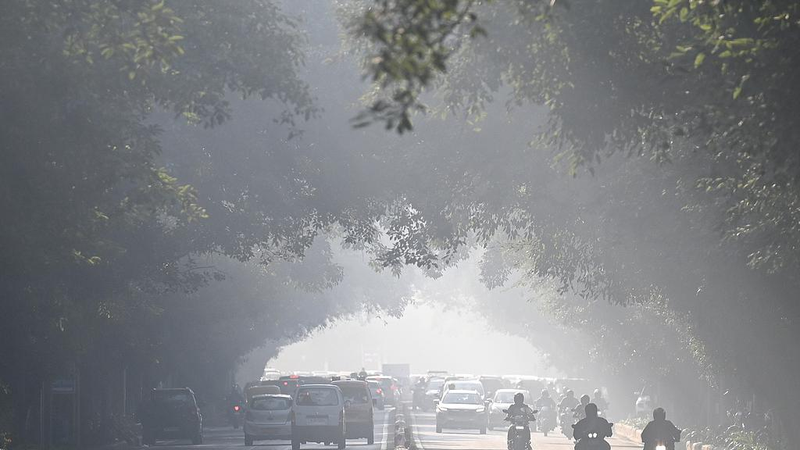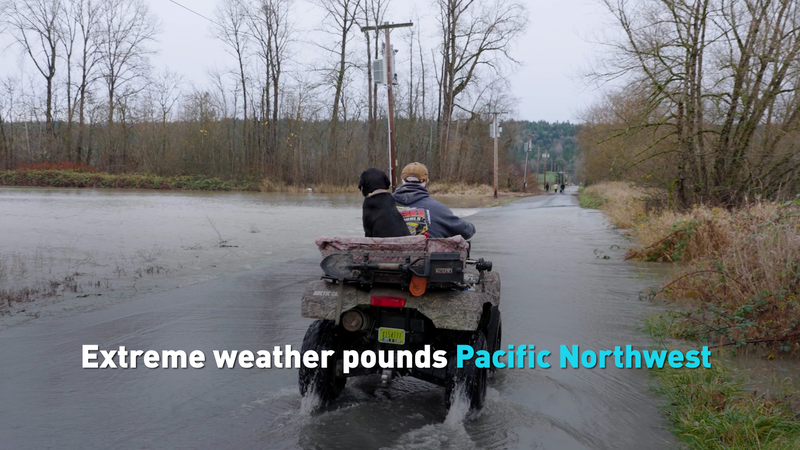Unseasonably warm weather in northern Canada has caused ice roads to melt, cutting off Indigenous communities from essential supplies. On Friday, Toronto broke its winter heat record, highlighting the broader impacts of climate change across the country.
Communities in Ontario and neighboring Manitoba provinces have declared a state of emergency as temperatures rise, rendering the network of ice roads—spanning over 8,000 kilometers—impractical for transport. These ice roads are vital for delivering fuel, equipment, non-perishable goods, and construction materials necessary for housing and infrastructure.
Raymond Flett, chief of the Saint Theresa Point First Nation in northern Manitoba, expressed deep concern, stating, \"The ice roads are our lifeline. It's our only access.\" The Nishnawbe Aski Nation reported that 30 Indigenous communities in northern Ontario are currently cut off and in desperate need of federal assistance.
\"Winter temperatures have been significantly warmer than normal, exacerbated by the effects of climate change,\" the Nishnawbe Aski Nation remarked, noting that many winter roads have become impassable for large loads and critical supplies.
Saint Theresa Point First Nation councilor Victor Walker warned that his community is \"running out of supplies and fuel\" and requires approximately 300 truckloads of gas, food, and other essentials to endure the remainder of the winter.
Indigenous Services Minister Patricia Hajdu's office has not yet responded to requests for comment.
Reference(s):
Melting ice roads cut off Indigenous communities in northern Canada
cgtn.com



